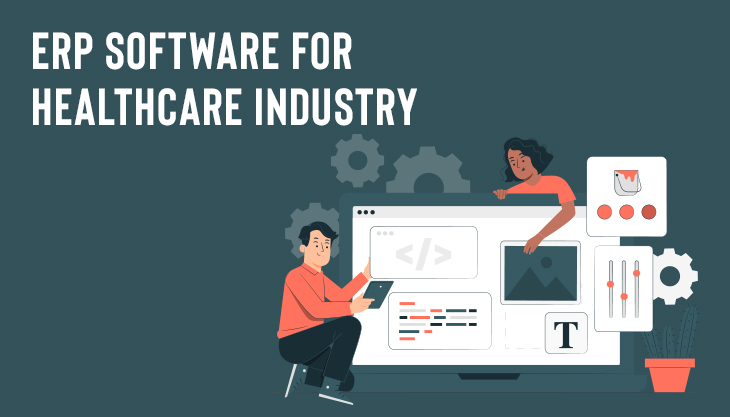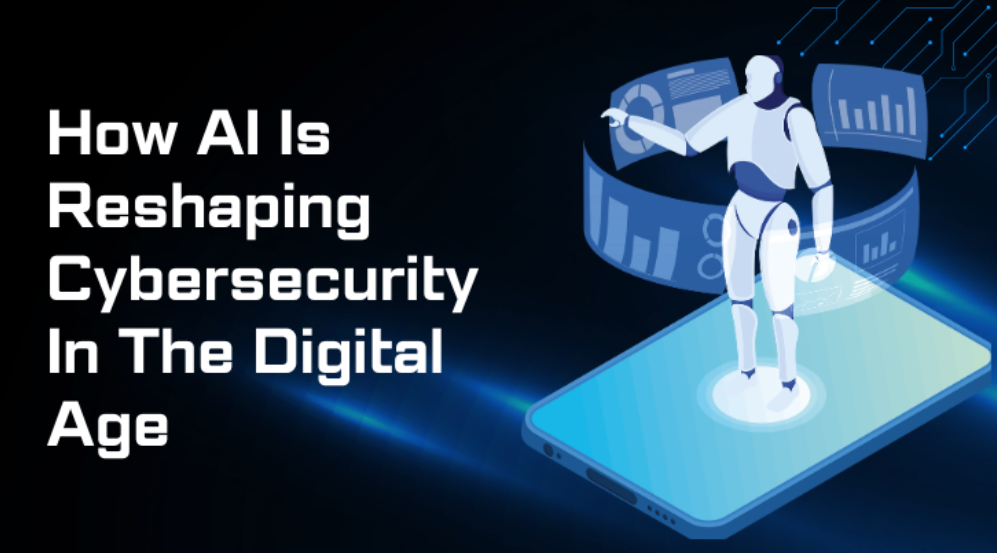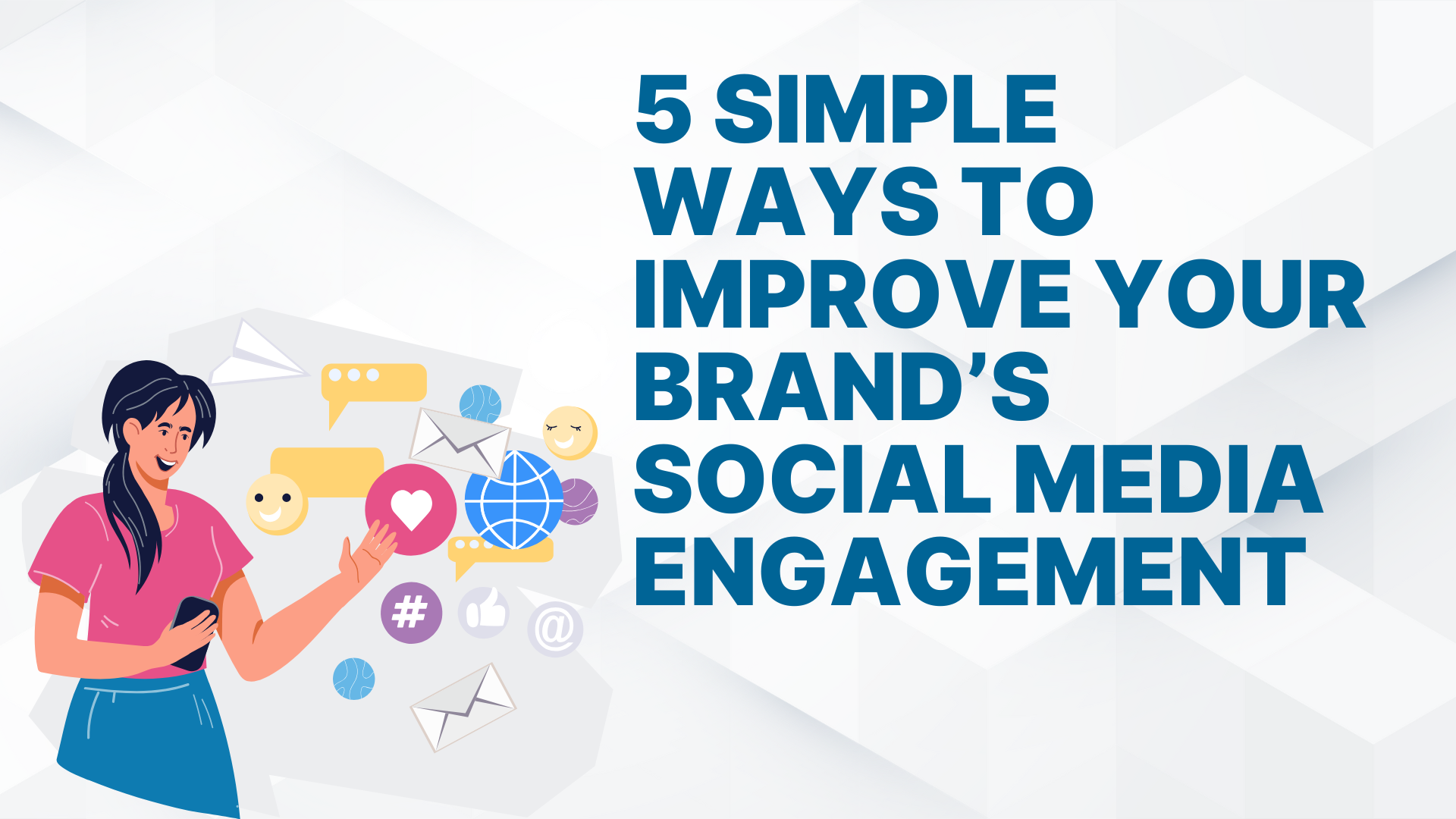Healthcare workers want consistent, trustworthy technology solutions that can handle facility management, personnel documentation, strategic planning, budgeting management, and patient experiences. However, not all healthcare solutions are made equal, so industry professionals must identify and deploy the most appropriate technology system for their needs. For this reason, the ERP market has become increasingly beneficial to the healthcare business.
Enterprise Resource Planning software has gained significant usage in a range of industrial fields as a result of technology advancements and increased competitiveness in the industrial marketplaces. ERP software's effective and extensive features break down information silos, streamline processes, and automate a wide range of corporate operations across divisions, making it an enticing choice for enterprises.
ERP in the Healthcare Industry: What Does It Mean?
ERP software for healthcare can help with fundamental business tasks like pecuniary accounting, inventory administration, customer relationship conduct, and human resource management. Several hospital departments also require integrated systems to combine their core services, support services, and back-office operations. One of the primary incentives for implementing an ERP solution is to reduce operating costs and overheads.
Health-care professionals are consciously trying their luck at achieving two objectives:
1. High-quality patient care and
2. Significant cost savings.
To this end, healthcare organizations are constantly improving their ERP systems in order to provide better and more accessible patient care. Furthermore, the primary incentives for implementing ERP software in the healthcare business is to decrease clinical error malfunctions and improve provider efficiency.
Hospitals and other healthcare companies were able to integrate the patient database with crucial doctor and employee data thanks to a steady supply of patents and new advancements. Doctors and clinicians need real-time access to their patients' diagnostic results to improve communication and the efficacy of their treatment and therapy.
The pharmacy, laboratory system, radiology, image archiving, communication system (Picture archiving And Communication System), and electronic medical records (EMRs) all play a role in streamlining information for patients. Patients, on the other hand, are provided access to the data acquired from their medical credentials so that they can plan appointments and make speedy decisions.
ERP Software Benefits for the Healthcare Industry:
The following are some of the primary benefits of utilizing ERP solutions:
Improved patient care
Remote access to vital resources and reports for patients is made possible via an ERP platform. It also aids patients in making timely and well-informed health-care decisions.Thanks to contemporary, digital technologies, future tests and medical treatments may be scheduled more conveniently. An ERP system guarantees that critical patient data is available across many systems.
Operating costs are lower
As part of the Information Technology Automation initiative, ERP software for healthcare will result in process efficiencies. ERP integrates several processes, such as payroll, accounting, and human resources, into a single database, which aids with the automation of back-end procedures like payroll, account administration, and inventory management.
Implementing best practices and streamlining healthcare processes
Patient identification, computerized medical records administration, a radiology department, an outpatient clinic, and emergency services are all used to achieve this. All policies and procedures relating to member benefits, payments, registration, and provider networks should be closely monitored and kept up to date with current best practices.
Patient protection
An ERP programme aids healthcare providers in improving patient safety by enhancing communication between physicians and patients. An integrated ERP is viewed by many organizations as a requirement for establishing a patient-centered culture.
Electronic health-information storage
Hospitals and healthcare providers keep track of critical information about their business processes and patients. It is a good idea to implement ERP software for healthcare to maintain the security and confidentiality of all data. Users may model all of the data saved in the application using an ERP system.
Strategic planning and business intelligence
Implementing an ERP programme in a hospital can provide greater business intelligence and help you make better decisions. This software can compute and evaluate a hospital's operating efficiency. Budgeting, requisitions, and patient visitations are all covered.
Owners and administrators can use ERP to create a business plan. It identifies and prioritizes areas for improvement, resulting in improved overall performance. If the areas that require improvement are identified, it will be much easier for senior management to track and analyze whether the policies in place are effective.
5 of the best ERP solutions to consider:
Below is a summary of some of the greatest ERP options for healthcare professionals to think about. These software solutions have been chosen based on each provider's Authority Score, a meta-analysis of user sentiment from the web's most reputable business software review sites, and a five-point patented inclusion criteria.
1. NetSuite
Netsuite is a cloud-based service provider that assists businesses in developing, scaling, and adjusting to changes in their industry of choice. NetSuite provides its users with the tools they need to accelerate growth and drive innovation, with capabilities such as comprehensive financial management and supply chain planning. NetSuite can help healthcare professionals and companies gain a better understanding of their processes, expedite reporting, maintain compliance, improve customer service, maximize partner engagements, and react to changing market trends.
2. Acumatica
Small and mid-sized organizations can use Acumatica's cloud and browser-based business management software. The Acumatica ERP solution provides clients with a suite of integrated financial, manufacturing, project accounting, retail, distribution, construction, and CRM applications that are all built on a single cloud-based platform. The technology may assist healthcare institutions gain a better understanding of their operations, give project managers real-time mobile access to the back office, simplify the vendor and subcontractor approval process, and more.
3. Microsoft Dynamics 365
Dynamics 365 goes beyond standard ERP solutions by combining enterprise resource planning features with the Office 365 products you're already familiar with into a one, cloud-based service. It assists small and medium-sized businesses in managing their finances. Healthcare professionals may use Dynamics 365 to optimize the patient journey, increase care coordination, make data-driven decisions, and develop unified patient profiles by securely connecting people, processes, and data.
4. Workday
Workday provides clients with cloud-based ERP software aimed at medium and large organizations in a variety of industries. Financial management, HR, payroll, talent management, analytics, planning, and workforce management are all covered by the company's service solutions. Its healthcare solutions, for example, can help organizations automate financial processes, monitor performance with real-time data, respond to unexpected developments with continuous planning tools, and maintain a resilient supply chain. Patients and employees will have a better healthcare experience if one hires the right people.
5. Aptean
Aptean is a global provider of industry-specific software for specialist manufacturers and distributors with operations in 20 countries. ERP, supply chain, transportation management, manufacturing execution, product lifecycle, customer experience, warehouse management, and other solutions from the organization may assist businesses of all sizes in scaling and adapting to industry trends. Aptean offers cloud and on-premise deployment solutions to satisfy the specific requirements of each client.
Briefing:
ERP software for the healthcare industry serves to bring together healthcare providers, insurance companies, and patients under one roof and centralizes all of the important data. Healthcare personnel may focus on their main priorities, such as excellent patient care and safety, with the support of user-friendly and creative ERP solutions from a variety of vendors.
Healthcare organizations are fast adopting ERP software in order to gain a competitive advantage and improve overall performance. Expanded accountability and transparency norms have spurred ERP implementation. ERP systems are also used by leading health-care firms to become compliant.
Over time, the ERP market for professionals in the healthcare field has grown dramatically. ERP software's managerial capabilities can assist healthcare institutions in providing the best possible patient experience. Users can leverage additional tools to their paperwork, budgeting, and procedures for strategic planning will all be streamlined. A healthcare facility and its employees should be able to make the greatest decision for your patients.

















Post Comments